Centre for
Contemporary
Photography
404 GEORGE ST,
FITZROY VIC 3065
AUSTRALIA
OPENING HOURS
WEDNESDAY—SUNDAY
11AM—5PM
Consider the artist as a surface, possibly solid and flat like marble, or soft and rippled like foam, even a combination of the two. All surfaces resound or echo in some way, perhaps softening or distorting, directly reiterating or if the surface allows there is the potential for total absorption. To resound, unbound explores the possibilities of this resounding, seeing the artist adapt or unbind that which comes to them, moulding it to their artistic will, to then resound it back through artistic expression.
Echoing throughout all four exhibition spaces, To resound, unbound presents a series of new commissions and significant works from emerging and established lens-based practitioners from across Australia. This group of eight artists explore themes concerning knowledge, memory, identity, trauma, representation and time, typically found in both societal and cultural structures and narratives.
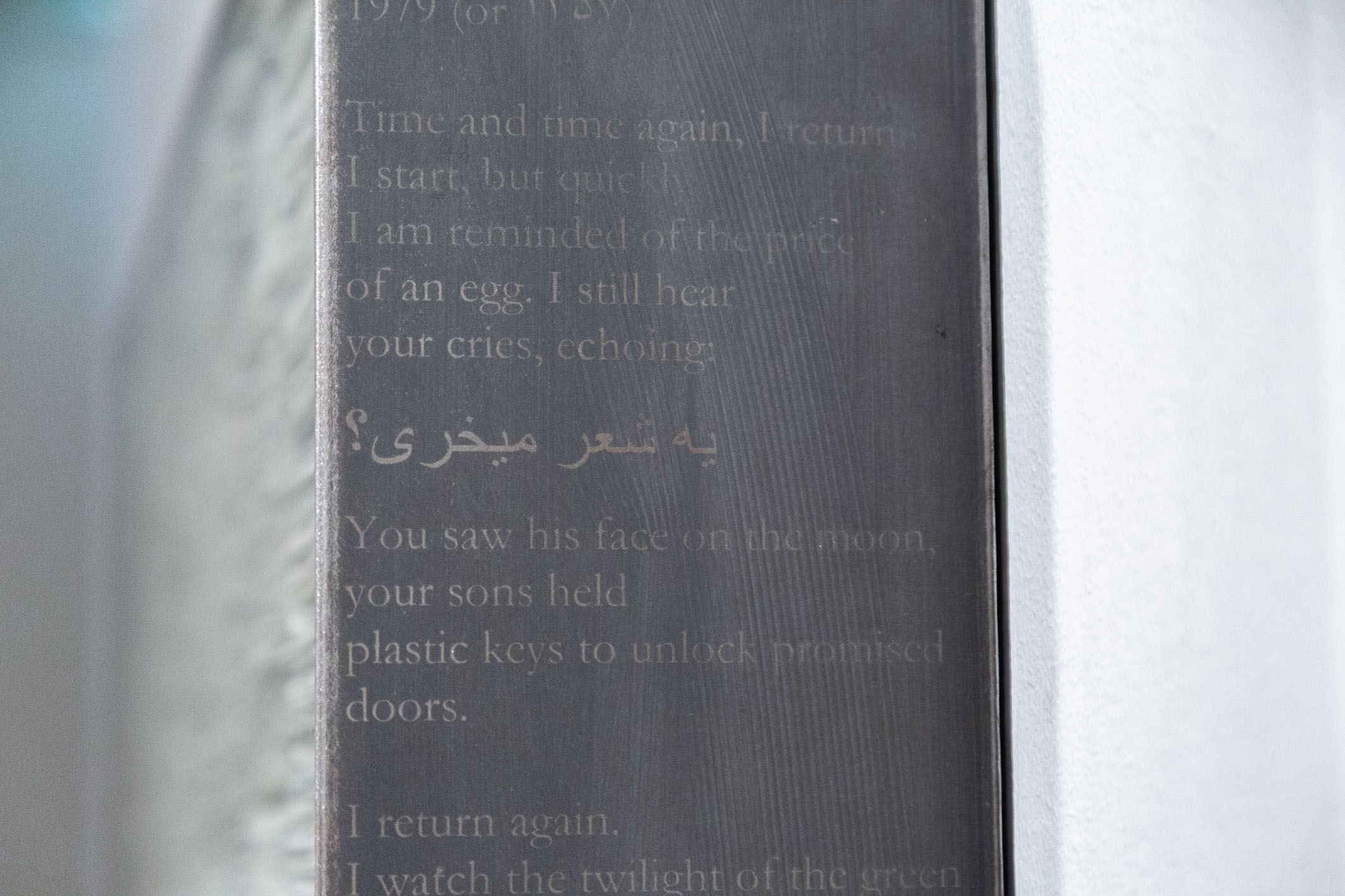
The ways in which the artists engage with these rich themes sees a range of diverse material outcomes, such as Hootan Heydari’s tome of 1,979 plaster-dipped photographs, presenting shrouded fragments of traumatic (and joyfully familial) memory whose number reflect the revolution the artist and his family fled. Sanja Pahoki’s installation of wallpaper, neon, photography, video and security mirrors continues this discussion of memory, explicitly explored through the idea of a “transitional object”, while also talking to larger ideas surrounding transitions and separations, and the parental gaze.
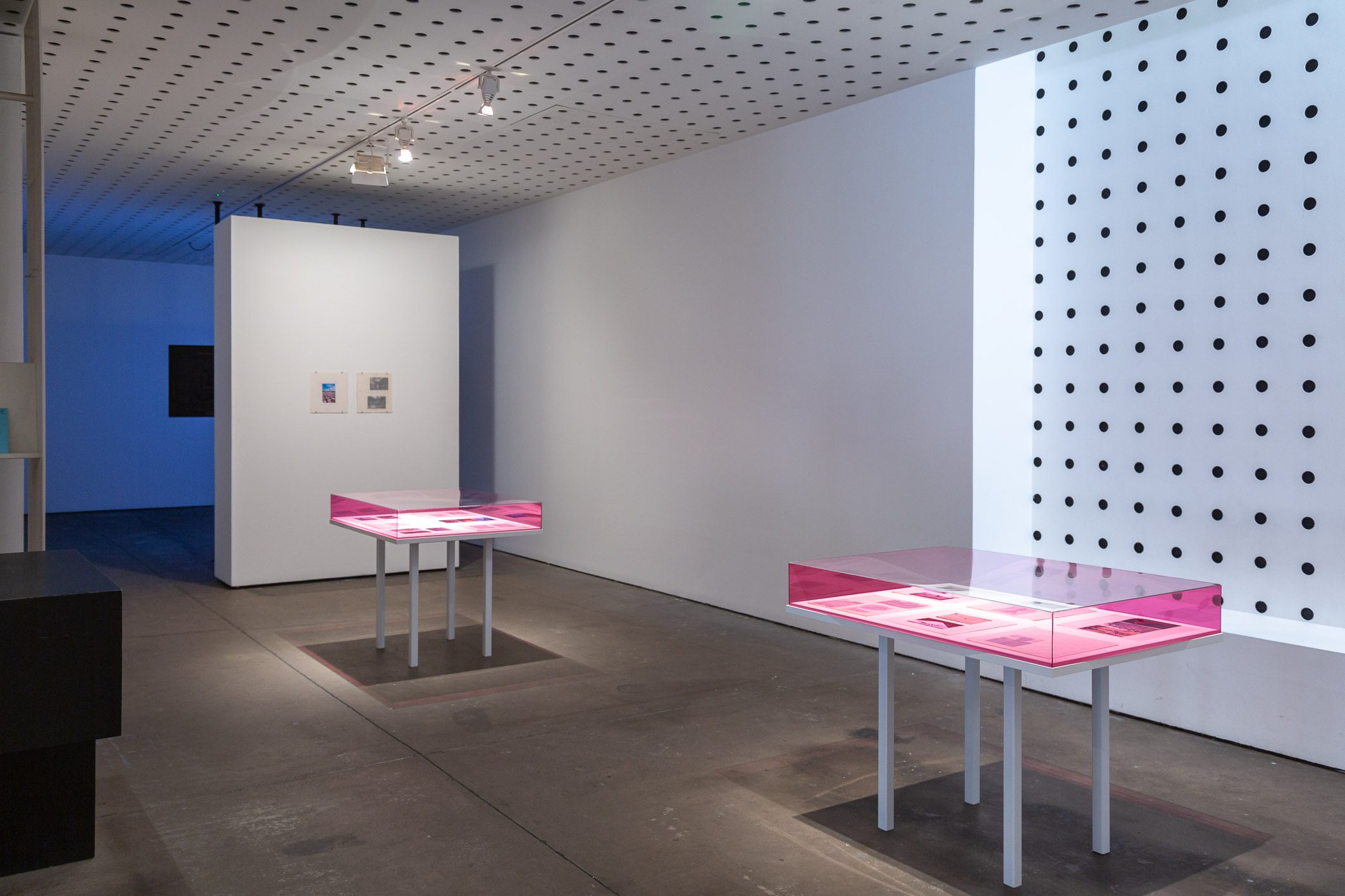
These highly conceptual concerns are explored throughout the exhibition, seeing Callum McGrath working with museological presentation to display pages from his anonymous family photo-album composed of public memorials dedicated to queer subjects and communities, questioning how queer history and collective memory requires unconventional archival approaches. Sara Oscar continues this discussion of the photographic archive, using the metaphor of ‘ruins’ to look to her colonial past — tracing it through her late grandfather’s involvement in Hollywood cinema in India, Oscar considers its bearing on the male bodies within the artists family, and finds the trauma of British colonialism in fragments.
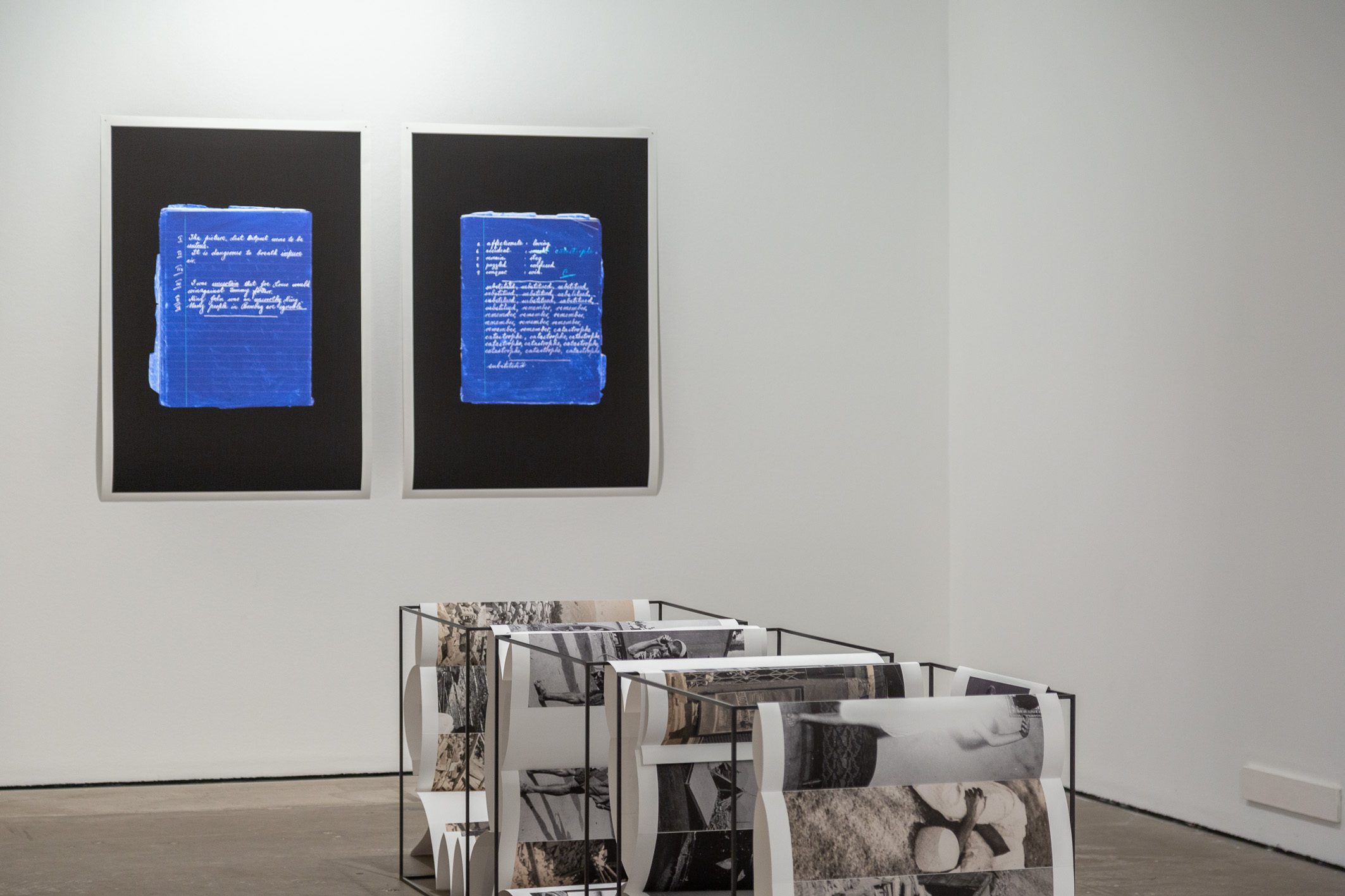
Traditional modes of photography have significant representation within To resound, unbound. In a gridding of photographs across one of the gallery’s largest walls, Anne Moffat explores her maternal grandmother’s suffering of late-stage Alzheimer’s, a work of duality that portrays Moffat’s experience of watching her grandmother lose her independence and sense of self while the artist attempted to understand her own. A vast array of images spanning over 10 years of artist Jessica Schwientek’s life further the exhibition’s diverse display of the photographic image. Schwientek presents both silver gelatin hand prints and colour giclee prints that combine intimate portraiture, empty spaces and abandoned objects, a collection of mirrors and shadows that are all representational of the self.
Video work by Hannah Brontë heightens the “moving” of the moving image, a work that ebbs and flows — or swells — with the water that bulges across all corners of the planet, talking of time and the absorption of one energy transmuted into a multitude of new energies. Here Brontë specifically draws on the gestations of us — human beings, while also looking at the spherical nature of the world and the way in which we come through and leave it. While Emmaline Zanelli uses video to house the making of an image, enlisting her grandmother alongside her comrades to depict a key moment in Futurist history: Marinetti’s car crash, here rendered through a domestic conveyor belt on egg pasta with the assistance of cuttlefish ink.
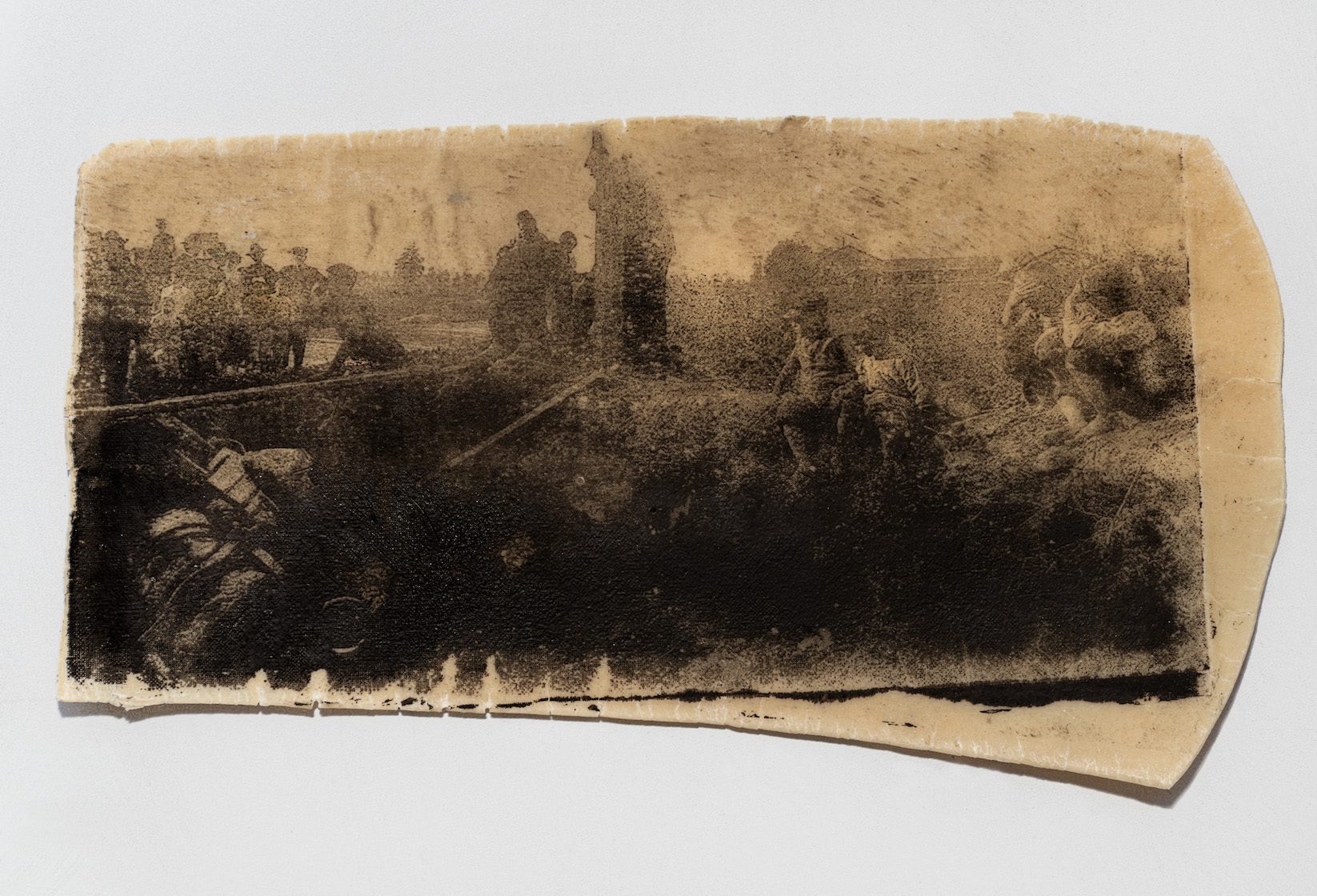
The remarkable diversity of all artistic elements — medium, concept, experimentation, research, fabrication — reveals a group of artists that are truly immersed in their subject matter and the optimal ways in which a myriad of themes can unbind themselves. To then resound anew, each echoes across CCP’s spiraling chain of galleries as though through a Medieval circular trumpet; each work produces a “buzzing” that triggers a standing wave vibration within the space, extending outwards as a holistic representation of new creative structures and narratives.
Curated by Jack Willet